Warum wir unseren Einfluss auf den Klimawandel reduzieren sollten
Bei all den Regularien und dem Fachjargon zum Thema Klimawandel kann man leicht vergessen, warum das alles wichtig ist und was das übergeordnete Ziel ist.
Der Druck auf die Ressourcen der Erde ist enorm. Jedes Jahr verschiebt sich der Earth Overshoot Day (das jährliche Datum, das den Punkt markiert, an dem die Menschheit mehr Ressourcen verbraucht, als die Erde innerhalb eines Jahres regenerieren kann) nach vorne.
Extreme Hitzeereignisse treten immer häufiger auf, Waldbrände nehmen zu, Arten sterben aufgrund von Lebensraumverlust und Nahrungsmittelknappheit aus, unsere Meere erwärmen sich bei gleichzeitig steigendem Meeresspiegel, was zu verheerenden Überschwemmungen und erzwungener Migration führt. All dies, und trotz des Pariser Abkommens von 2015 und der darauffolgenden Versprechen der Vereinten Nationen wird die globale Erwärmung voraussichtlich immer noch 1,5 Grad überschreiten.
Kurzum, wir müssen handeln, und zwar gestern.
Warum ist dies für den Immobiliensektor von Interesse?
Die bebaute Umwelt ist für 39% der weltweiten CO2-Emissionen verantwortlich, wobei 28 % der Emissionen auf den Gebäudebetrieb (z. B. durch Beheizung und Beleuchtung) entfallen. Der Rest entfällt auf CO2-Emissionen, die mit der Herstellung von Baumaterialien wie Stahl und Beton und den Prozessen im Lebenszyklus eines Gebäudes verbunden sind: von der Errichtung bis zum Rückbau.
Der Sektor hat daher einen großen Beitrag zu leisten, die globalen Emissionen zu reduzieren, indem Net-Zero Carbon-Strategien umgesetzt, Materialien wiederverwendet und recycelt und (vorzugsweise) bestehende Gebäude mit nachhaltig optimiert werden.
Die CO2-Emissionen sind so hoch wie nie zuvor: Mit 36,8 Milliarden Tonnen CO2-Äquivalenten im Jahr 2022 liegen sie über dem Niveau vor der Pandemie (36,2 Milliarden Tonnen im Jahr 2019).
Abgesehen von der existenziellen Notwendigkeit, diese Emissionen signifikant bis zur Klimaneutralität zu reduzieren, gibt es weiteren Handlungsdruck für den Immobiliensektor:
- Nachfrage der Nutzer: Die Nutzer von Bürogebäuden, Hotels, Einzelhandels- oder Wohngebäuden verlangen nach nachhaltigeren und effizienteren Gebäuden, um ihre eigenen Kosten und CO2-Emissionen zu senken.
- Erwartungen von Anteilseignern, Interessengruppen und Investoren: Mit dem zunehmenden Bewusstsein für die Umweltauswirkungen von Gebäuden wächst auch die Erkenntnis, dass Gebäude mit schlechter Performance ein erhebliches Investitionsrisiko darstellen. Immer mehr Investoren berücksichtigen ESG-Aspekte bei der Entscheidung, wie sie ihr Geld anlegen.
- Europäische und nationale Vorschriften: Wie wir in späteren Blogartikeln erörtern werden, zwingen Regelwerke wie z. B. die EU Taxonomie, Regularien in den Bereichen Energieeffizienz und Klimaschutz wie auch Berichtspflichten zum Handeln. Es wird nicht mehr lange dauern, bis aus einer moralischen Verpflichtung eine rechtliche wird.
All dies sollte Sie zum Nachdenken und Handeln anregen.
Welche Handlungsoptionen gibt es konkret?
1. Wiederverwendung bestehender Gebäudestrukturen anstelle von Neubauten:
Ob es sich nun um die Nachrüstung Ihres bestehenden Gebäudes handelt, um es energieeffizienter zu machen (mit Fokus auf der gebäudetechnischen Ausrüstung), oder um die adaptive Wiederverwendung zur Erhaltung historischer Gebäude - die Wiederverwendung bestehender Strukturen bringt erhebliche Zeit-, CO2- und Kosteneinsparungen mit sich.
2. Bauen Sie mit wiederverwendeten und recycelten Materialien:
Viele Baumaterialien wie Beton, Ziegelsteine, Holz, Pflastersteine, Glas, Metalle und andere können wiederverwendet werden. Wo ein Neubau erforderlich ist, sollte der Schwerpunkt auf der Ressourceneffizienz liegen, indem Abfälle reduziert, Materialien wiederverwendet und recycelte oder mit CO2-armen Methoden hergestellte Produkte verwendet werden.
3. Verzichten Sie auf fossile Brennstoffe:
Das mag sich wie ein großer Schritt anfühlen, aber um unsere Net-Zero Carbon-Ziele zu erreichen (und damit den Klimawandel zu verlangsamen und unsere Auswirkungen auf die natürlichen Ressourcen zu verringern), müssen wir fossile Brennstoffe durch kohlenstoffarme Energiequellen ersetzen. Der Wechsel zu sauberen Energieversorgern oder die Investition in erneuerbare Energien vor Ort kann langfristig die Kosten senken und gleichzeitig Ihren CO2-Fußabdruck verkleinern.









Head Office, Berlin,
Neue Grünstraße 17 | 18 Hof 1 | TRH 3
10179 Berlin
© ES EnviroSustain GmbH 2021




